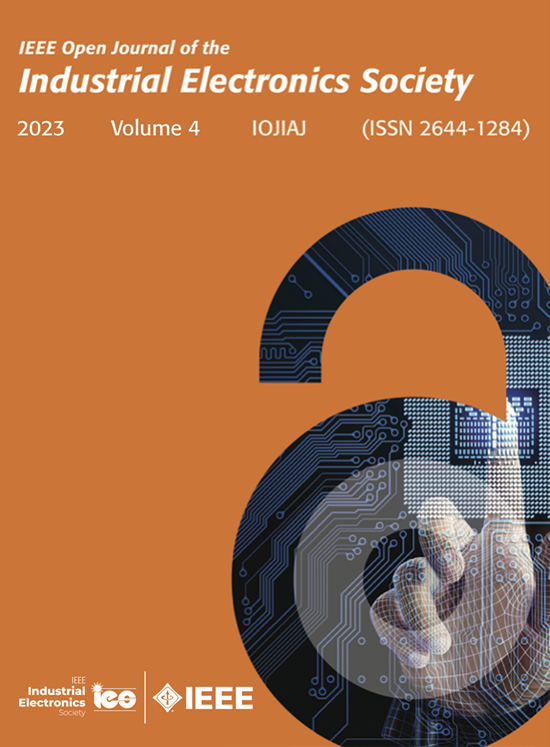Design and Implementation of PID Adaptation Mechanism for MRAS-Based Speed Estimation of Induction Machine
IF 4.3
Q1 ENGINEERING, ELECTRICAL & ELECTRONIC
IEEE Open Journal of the Industrial Electronics Society
Pub Date : 2025-07-10
DOI:10.1109/OJIES.2025.3587055
引用次数: 0
Abstract
This article proposes the use of a proportional–integral–derivative (PID) controller as an adaptive mechanism within the framework of the model reference adaptive system-based rotor flux (MRASF) for accurate rotor speed estimation in induction motors. The controller is designed to impose specific dynamic behaviors and performance criteria, addressing the sensitivity of MRASF dynamics to slip speed. To achieve this, a full-order transfer function of the MRASF is employed to systematically derive the PID parameters using compensation and pole placement techniques. The proposed control strategy ensures that the estimated rotor speed closely follows the desired performance across various operating conditions. The effectiveness of the MRASF–PID design is validated through both simulation and experimental testing under open-loop voltage/frequency control of the induction machine, confirming the successful realization of the targeted dynamic and steady-state performance.基于mras的感应电机转速估计PID自适应机构的设计与实现
本文提出在基于模型参考自适应系统的转子磁链(MRASF)框架内使用比例-积分-导数(PID)控制器作为自适应机制来精确估计异步电动机的转子转速。该控制器旨在施加特定的动态行为和性能标准,解决MRASF动力学对滑移速度的敏感性。为了实现这一目标,采用MRASF的全阶传递函数,利用补偿和极点放置技术系统地导出PID参数。所提出的控制策略保证了在各种工况下转子转速的估计值接近期望性能。通过在感应电机开环电压/频率控制下的仿真和实验测试,验证了MRASF-PID设计的有效性,确认了目标动态和稳态性能的成功实现。
本文章由计算机程序翻译,如有差异,请以英文原文为准。
求助全文
约1分钟内获得全文
求助全文
来源期刊

IEEE Open Journal of the Industrial Electronics Society
ENGINEERING, ELECTRICAL & ELECTRONIC-
CiteScore
10.80
自引率
2.40%
发文量
33
审稿时长
12 weeks
期刊介绍:
The IEEE Open Journal of the Industrial Electronics Society is dedicated to advancing information-intensive, knowledge-based automation, and digitalization, aiming to enhance various industrial and infrastructural ecosystems including energy, mobility, health, and home/building infrastructure. Encompassing a range of techniques leveraging data and information acquisition, analysis, manipulation, and distribution, the journal strives to achieve greater flexibility, efficiency, effectiveness, reliability, and security within digitalized and networked environments.
Our scope provides a platform for discourse and dissemination of the latest developments in numerous research and innovation areas. These include electrical components and systems, smart grids, industrial cyber-physical systems, motion control, robotics and mechatronics, sensors and actuators, factory and building communication and automation, industrial digitalization, flexible and reconfigurable manufacturing, assistant systems, industrial applications of artificial intelligence and data science, as well as the implementation of machine learning, artificial neural networks, and fuzzy logic. Additionally, we explore human factors in digitalized and networked ecosystems. Join us in exploring and shaping the future of industrial electronics and digitalization.
 求助内容:
求助内容: 应助结果提醒方式:
应助结果提醒方式:


